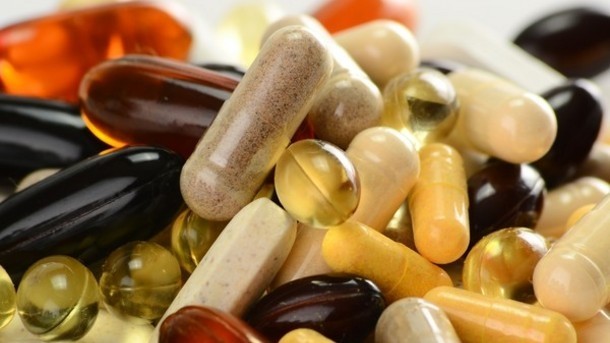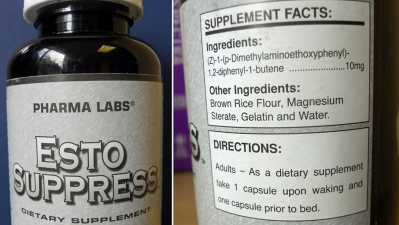Supplement labelling: 70% of consumers strongly influenced by 'free from' labelling

Current short-comings in current labelling practices for nutritional supplements offer industry with an opportunity to improve label and non-label information and communication around their products, say researchers.
Writing in Nutrition Journal, the new study assessed the impact of labelling and other sources of information on consumer purchasing decisions - finding that close to 70% of the respondents who purchased supplements were strongly influenced by label information that stipulated that the nutritional supplement product is free of banned substances.
Led by Gary Gabriels from the University of Cape Town, South Africa, the team also reported that just over 50% of consumers responding to their survey attached importance to the quality of the nutritional supplement information on the label, while around 40% of respondents were strongly influenced by the ingredients listed on labels.
Brand name (36%), disclaimers and warnings (29%), recommended dosage and directions for use (21%), and claims (8%) accounted for the other reasons influencing the purchase, said the team.
"These findings are important as they show the information that is pertinent to people who purchase nutritional supplements, and who base their purchasing decision(s) on container label information," said the authors. "The absence of specific information with reference to “free of banned substances” is an important determinant in the purchase of nutritional supplement products."
Gabriels and his colleagues added that their findings identify short-comings in current labelling information practices, but can provides opportunities to improve label and non-label information and communication, whilst also presenting the case for quality assurance laboratory screening testing of declared and undeclared contaminants and/or adulterants, that could have negative consequences to the consumer.
Source: Nutrition Journal
Published online ahead of print, doi: 10.1186/1475-2891-12-133soo
"Nutritional supplement products: does the label information influence purchasing decisions for the physically active"
Authors: Gary Gabriels, Mike Lambert







